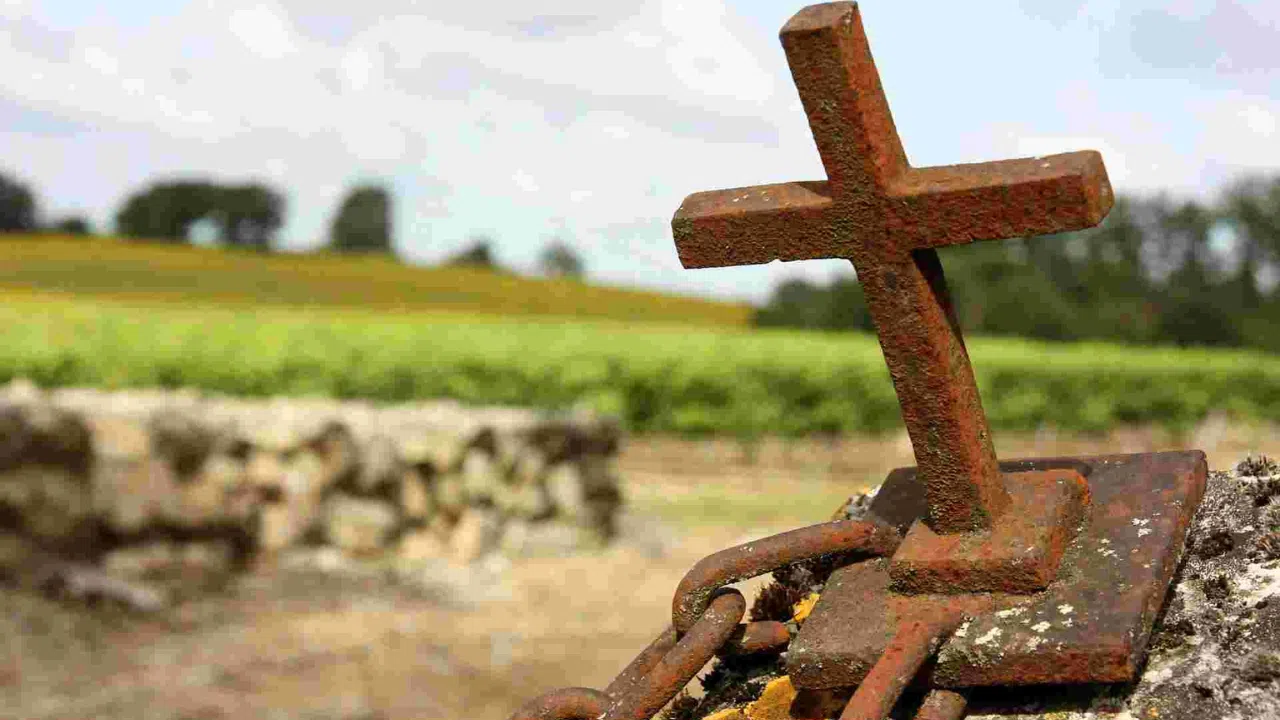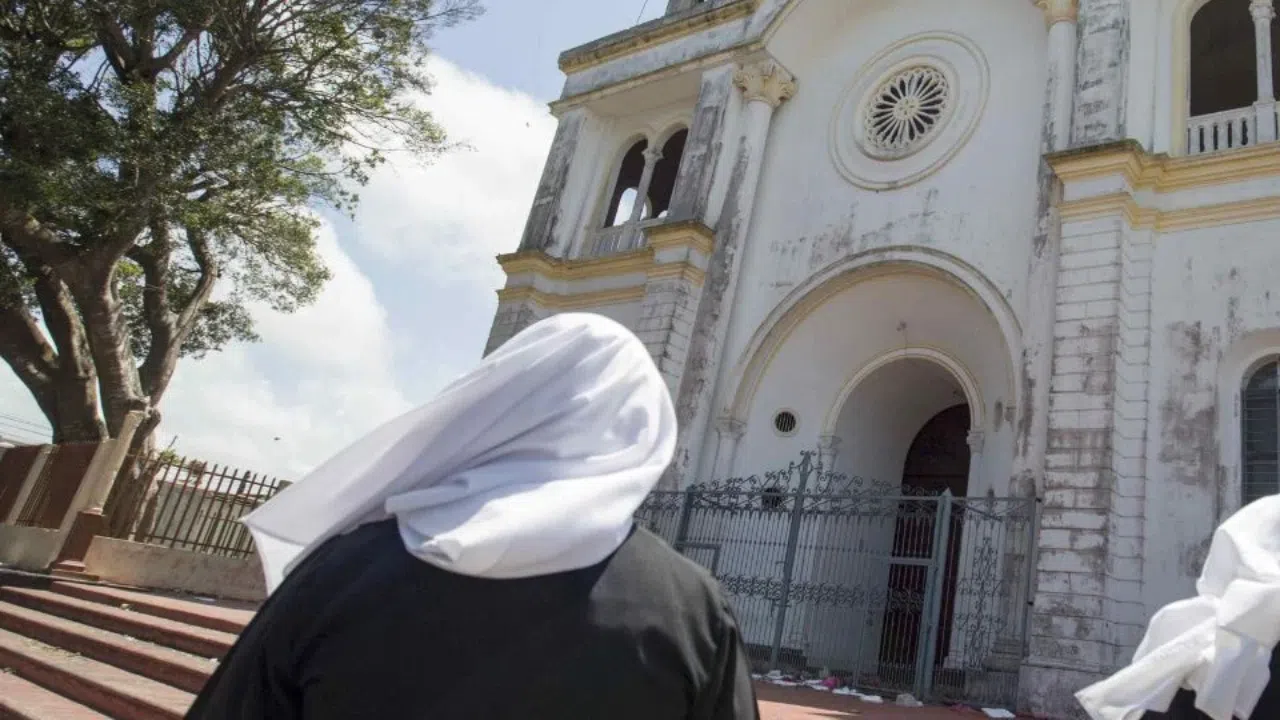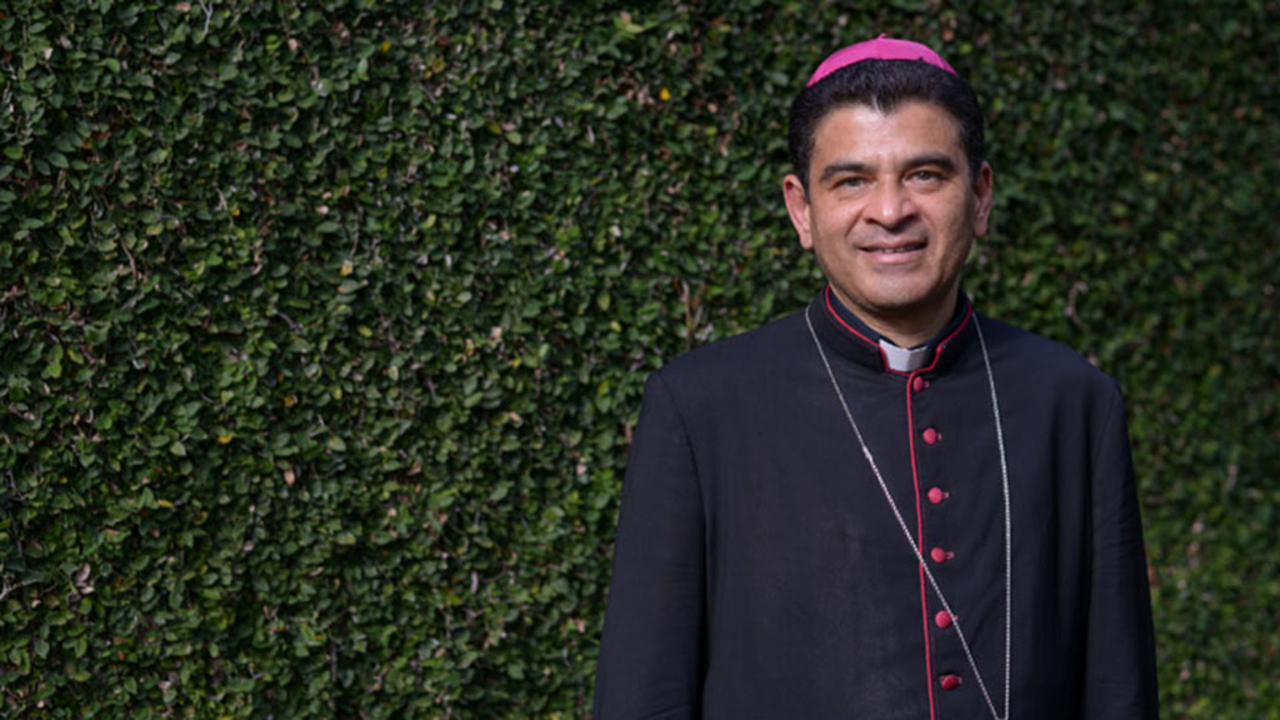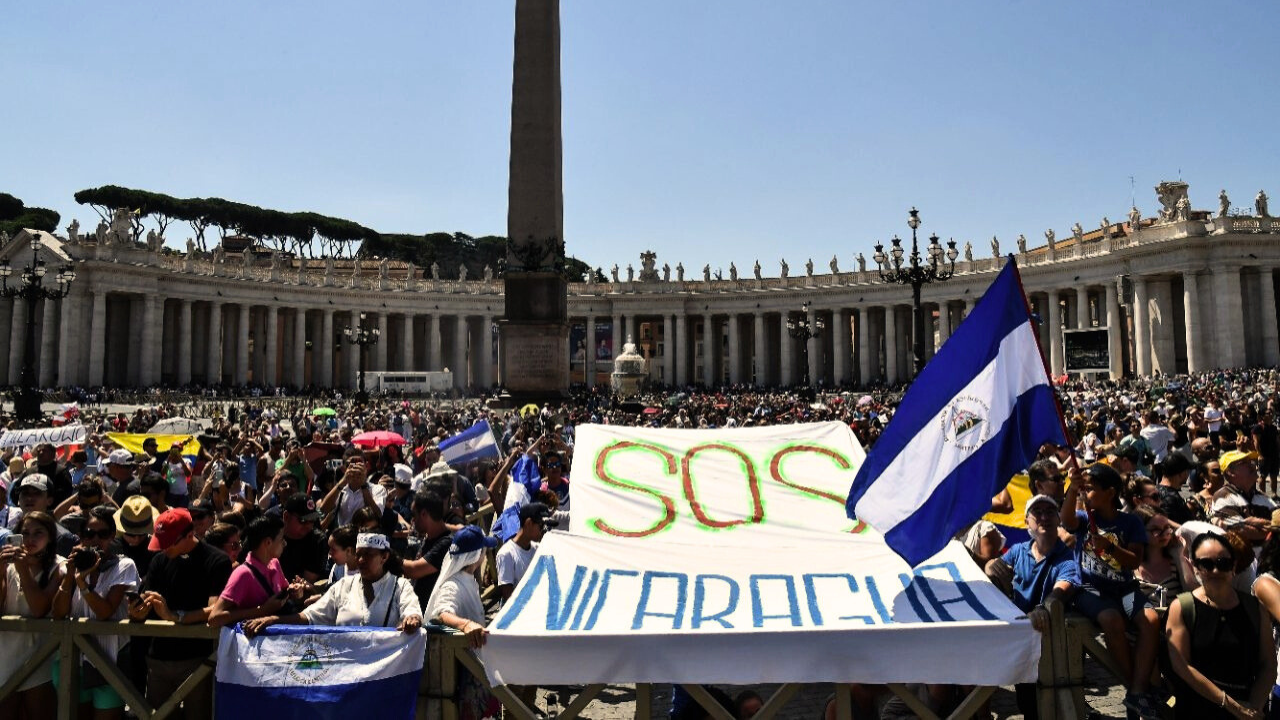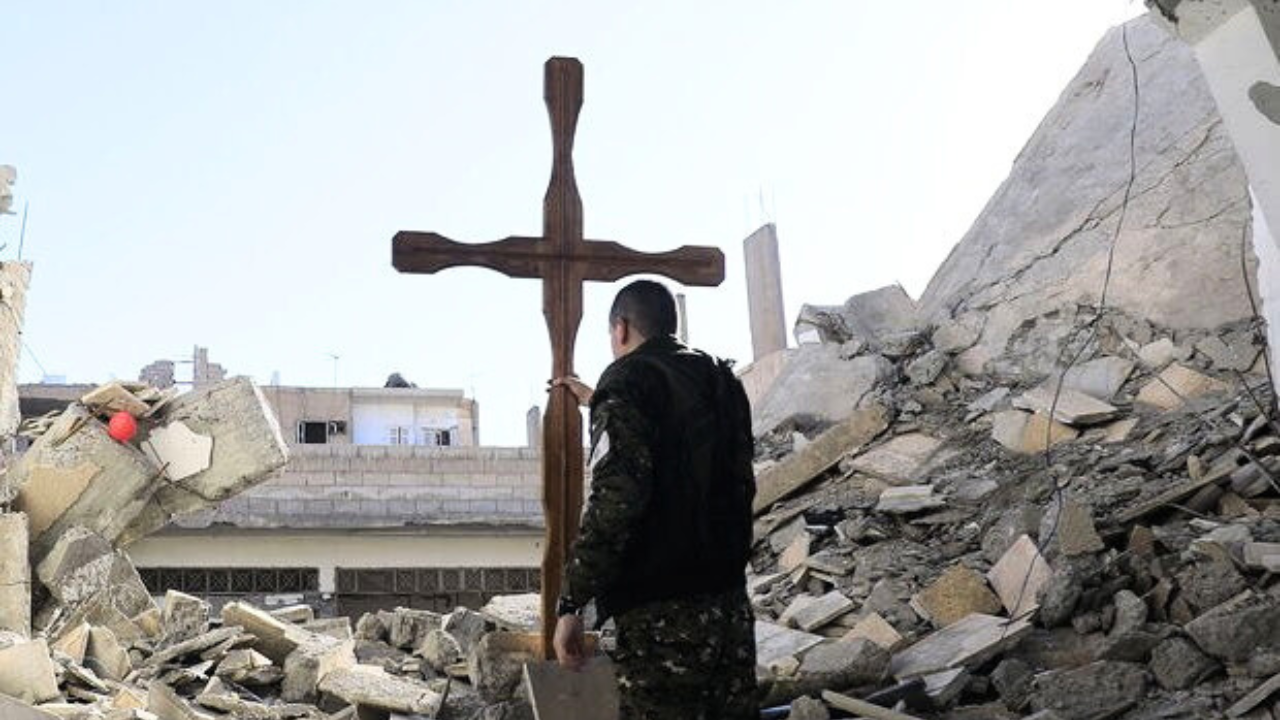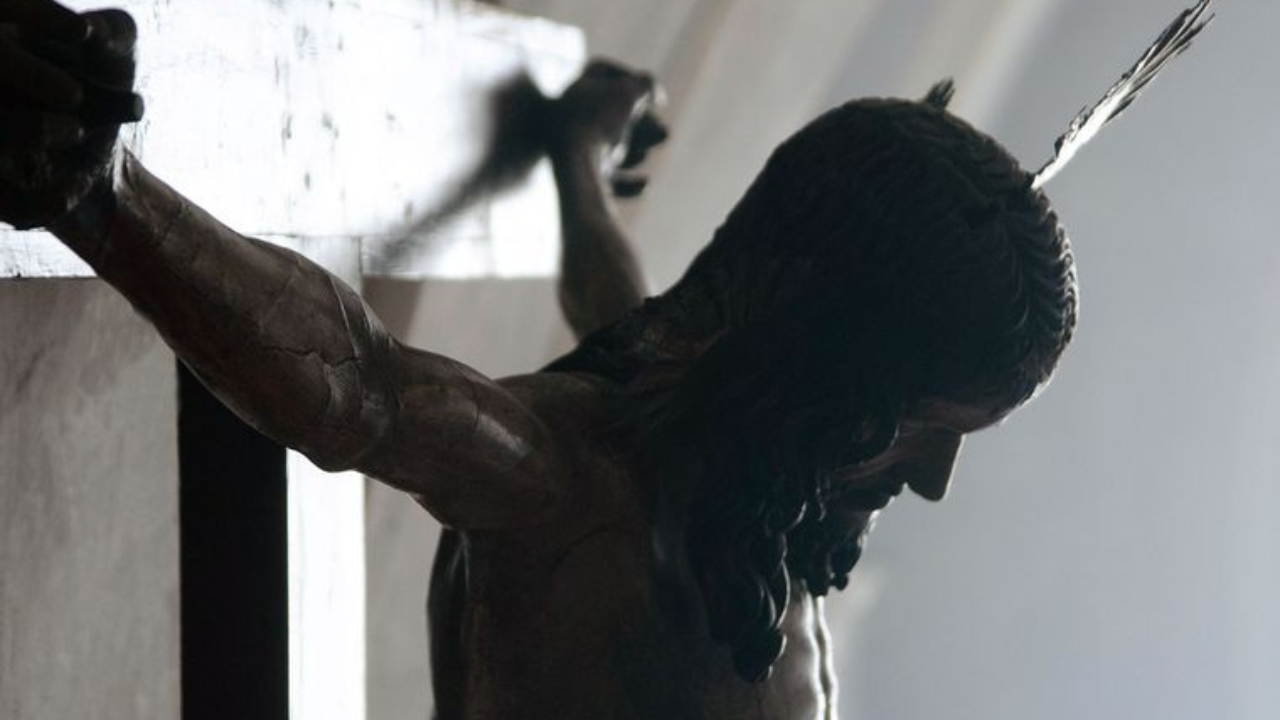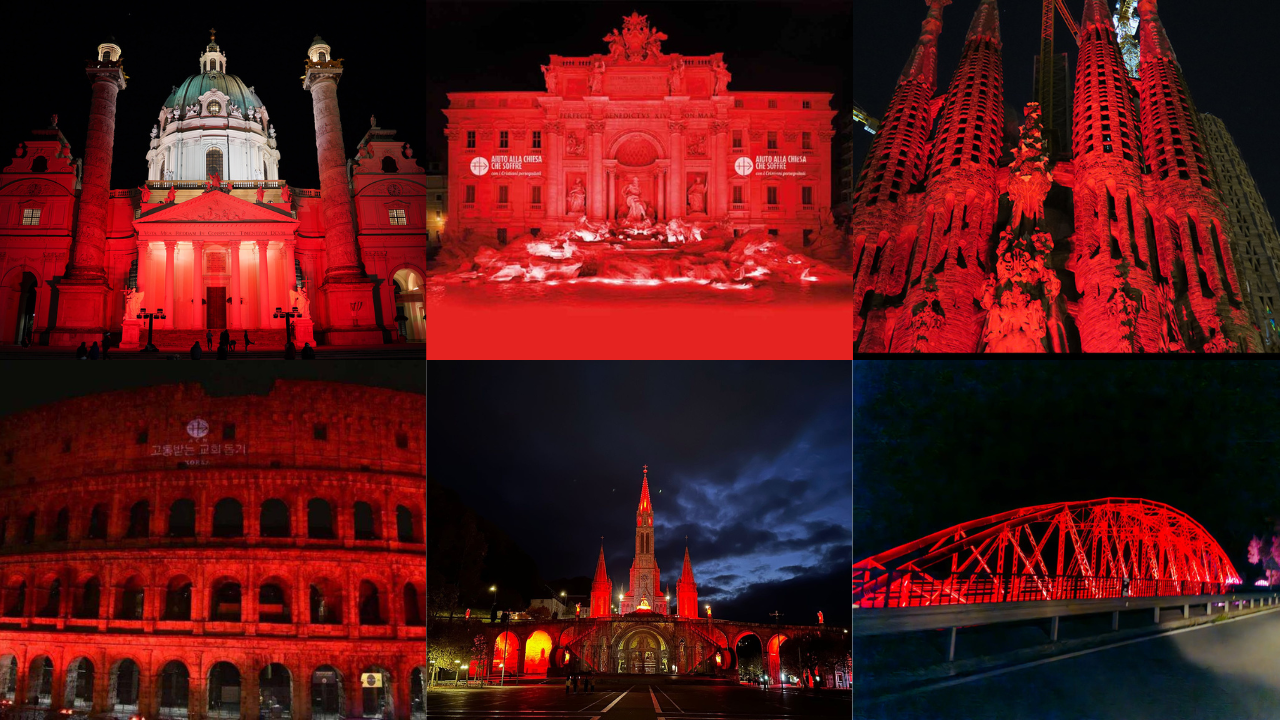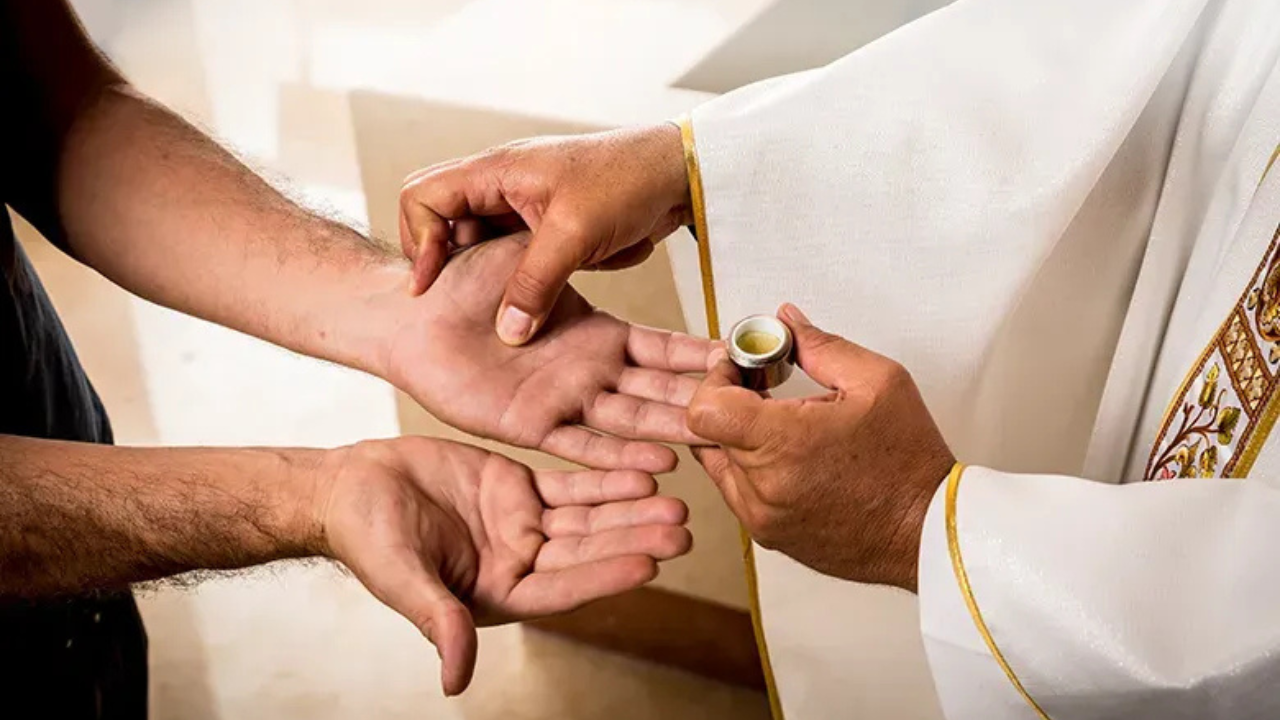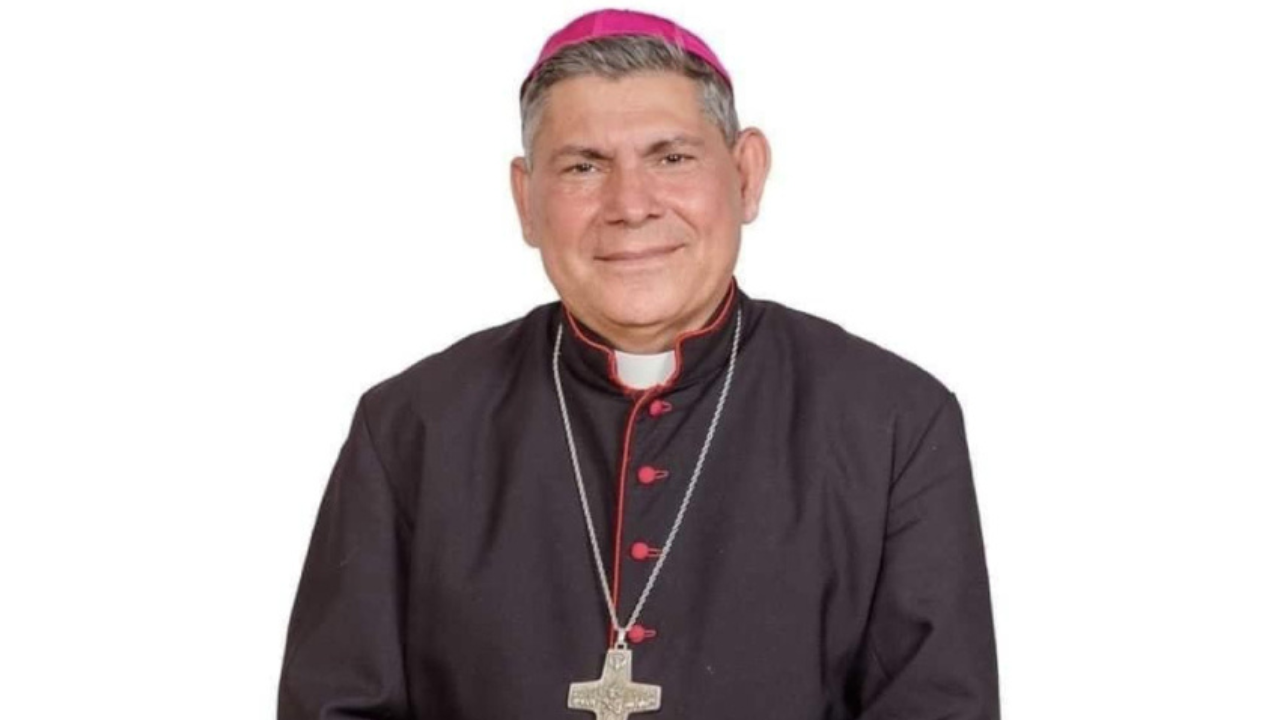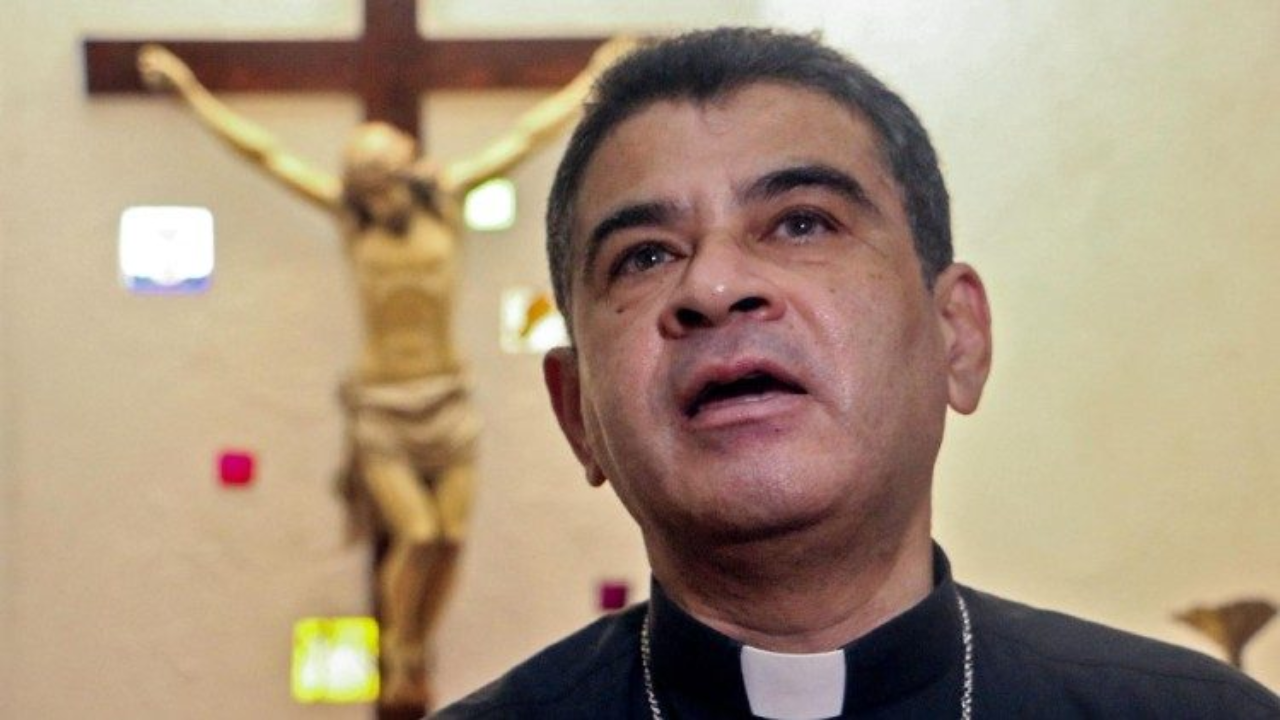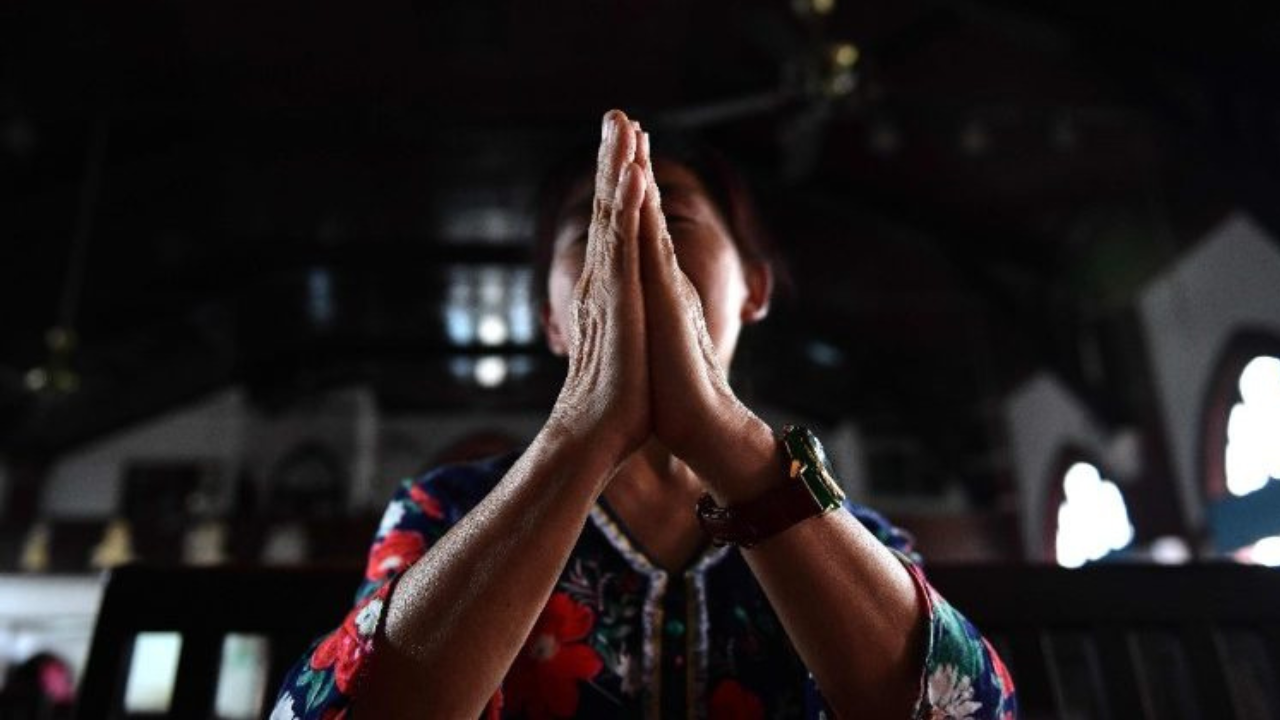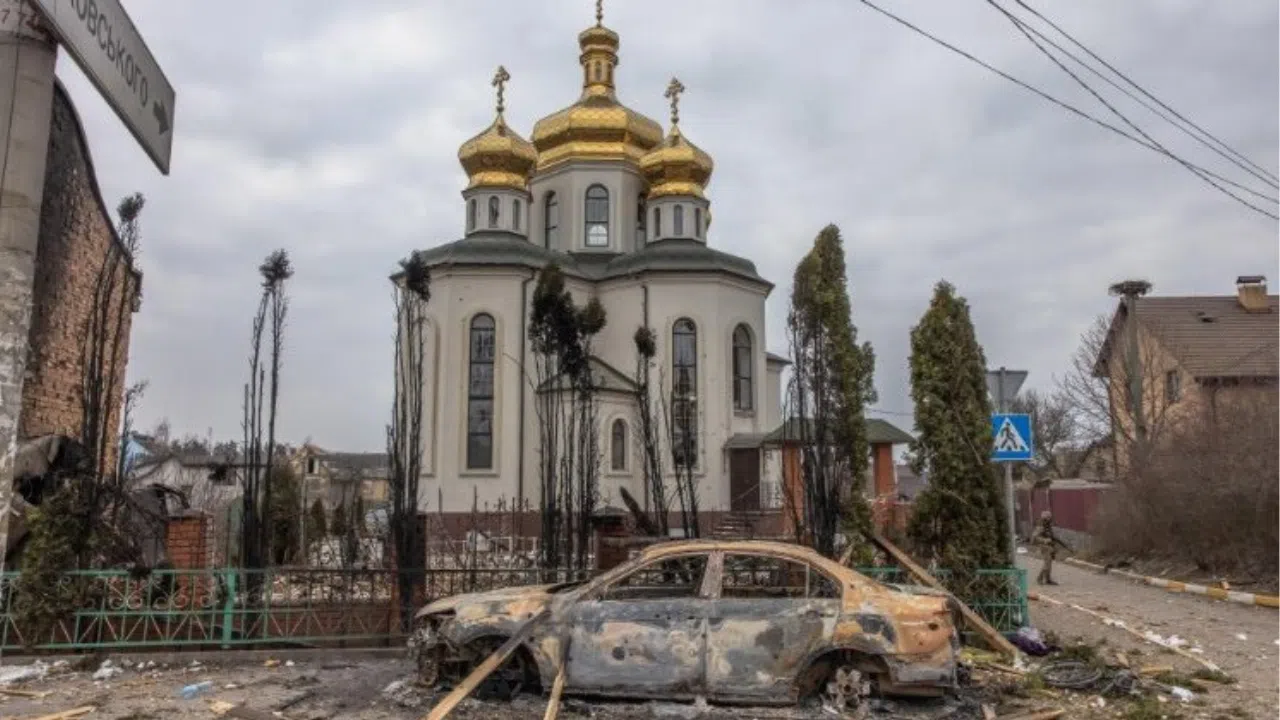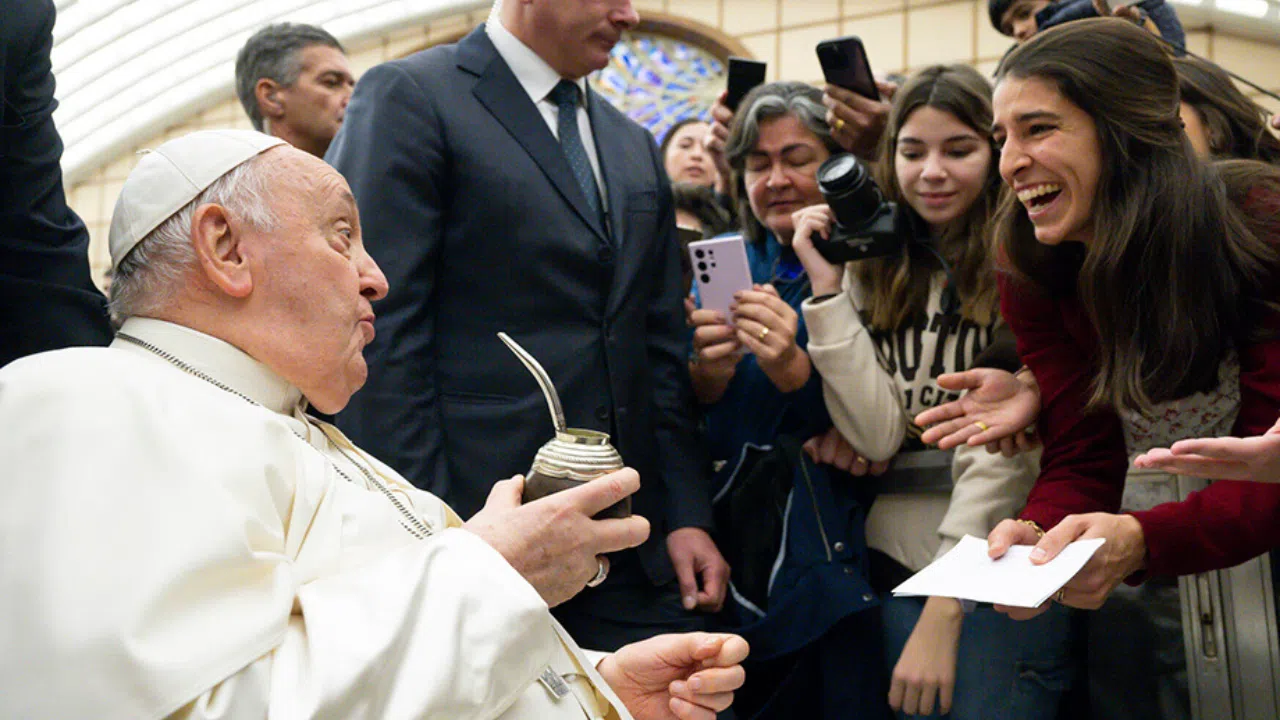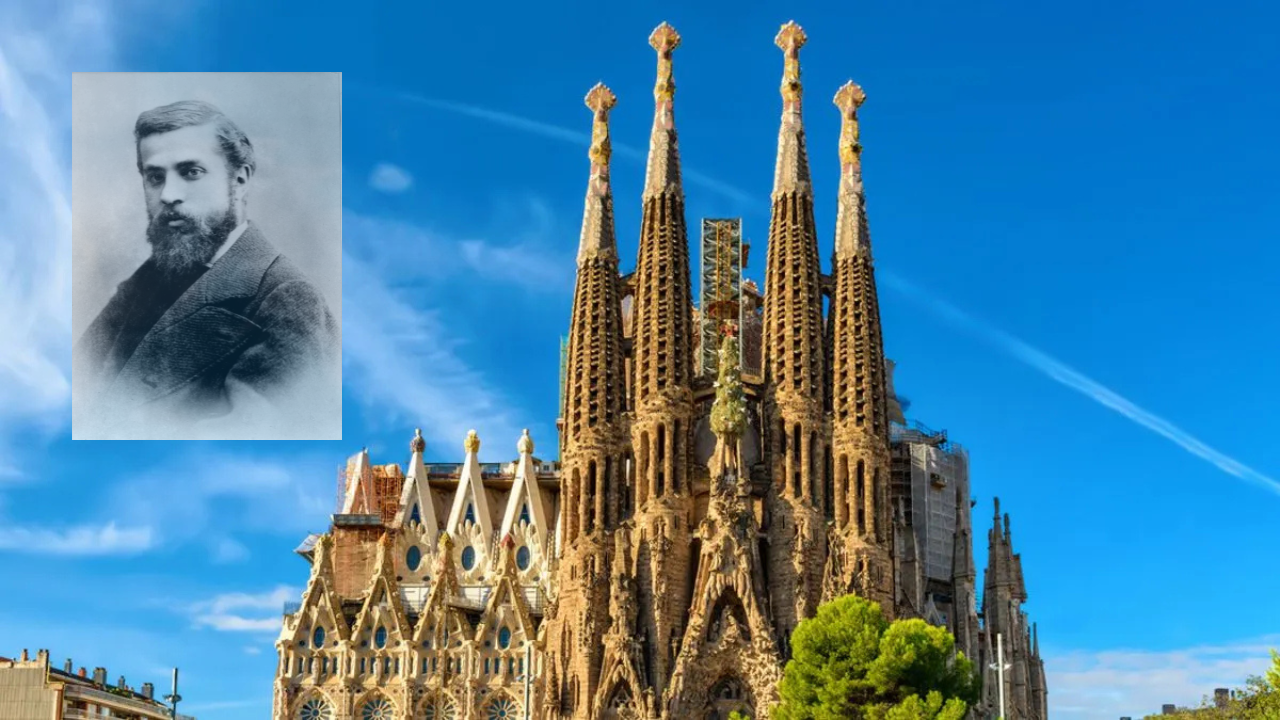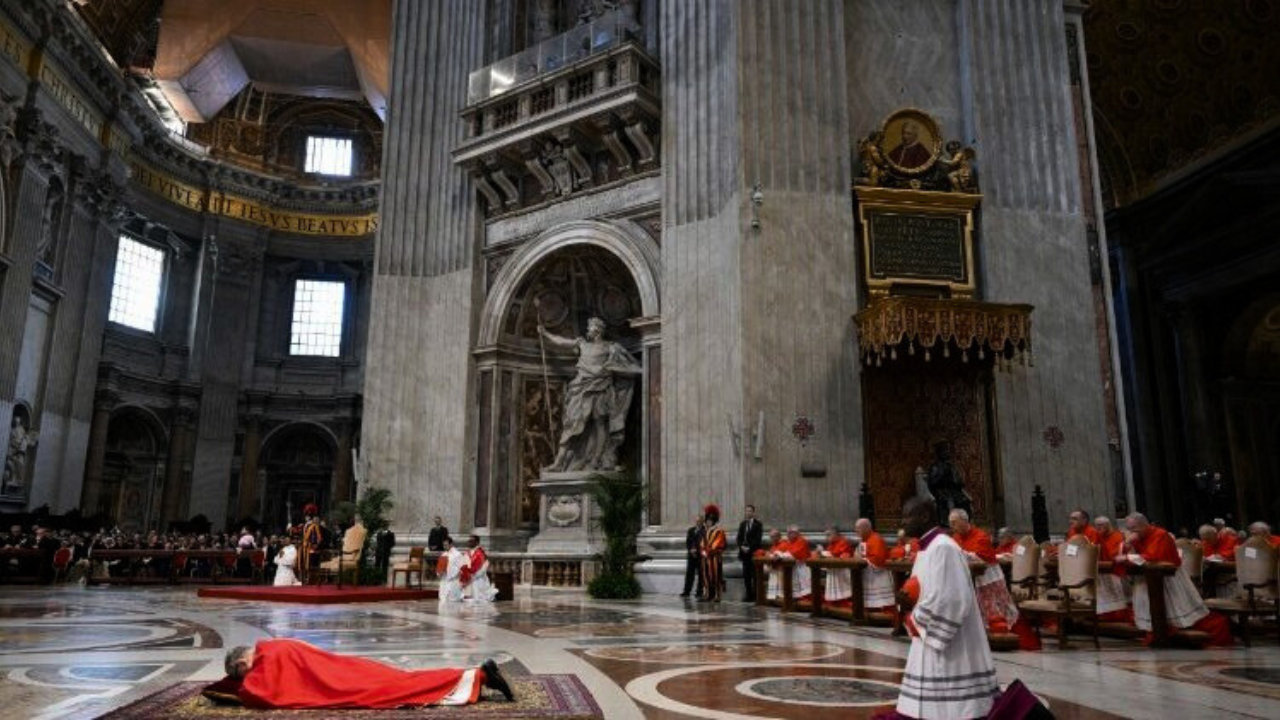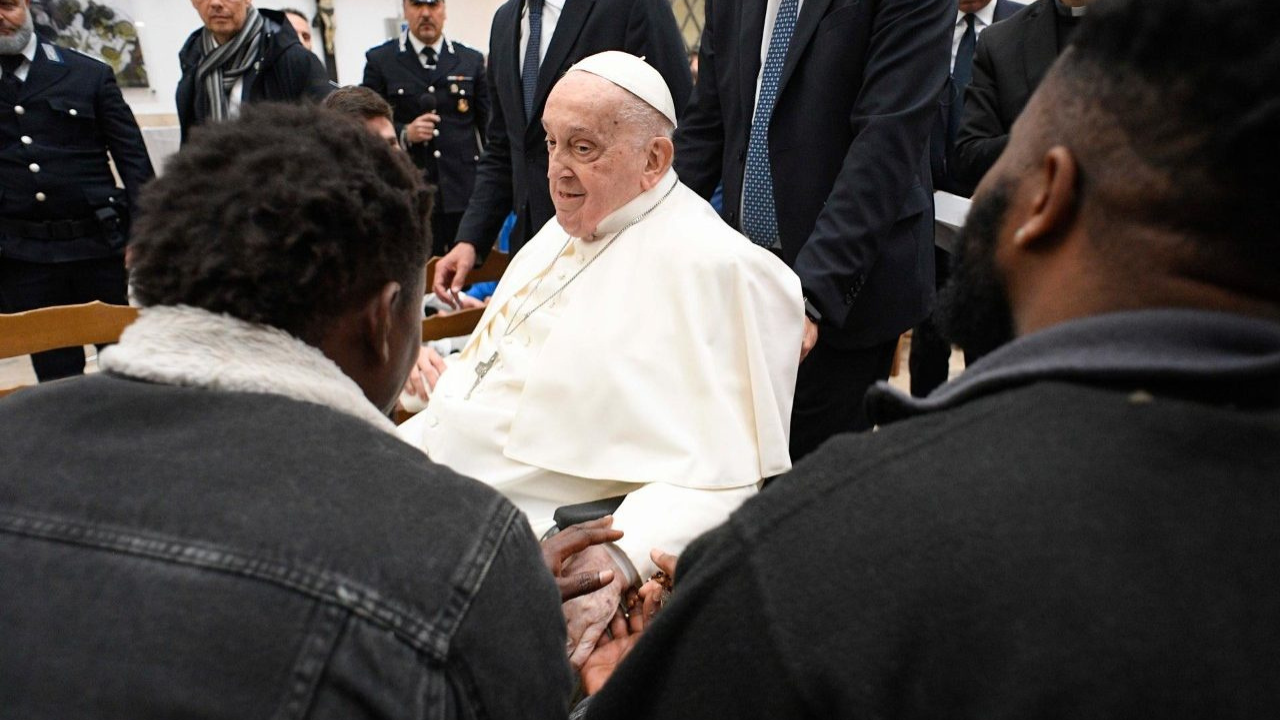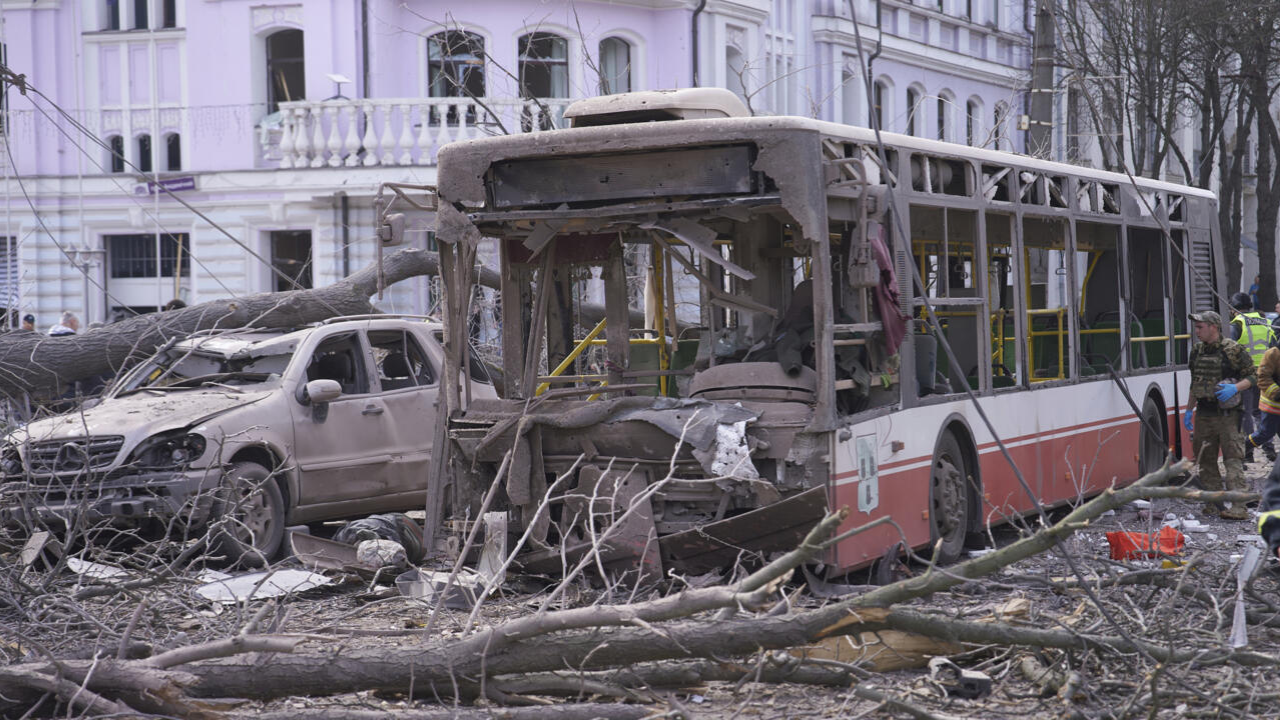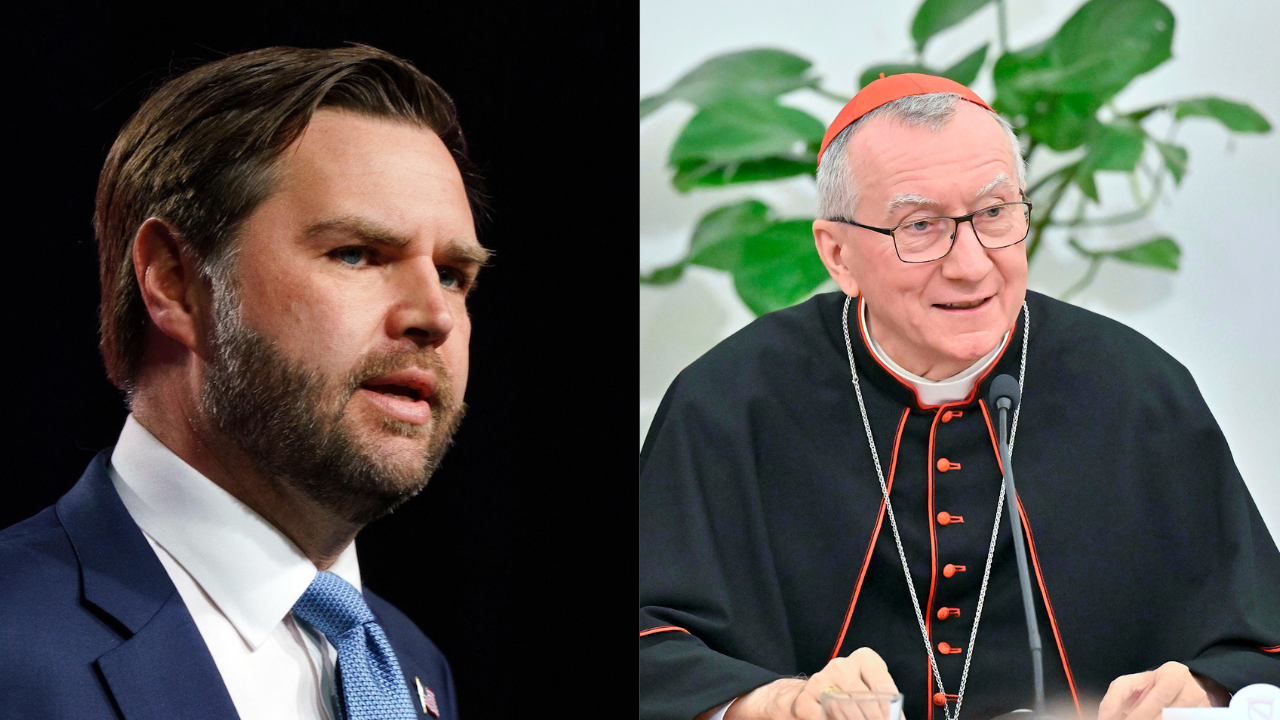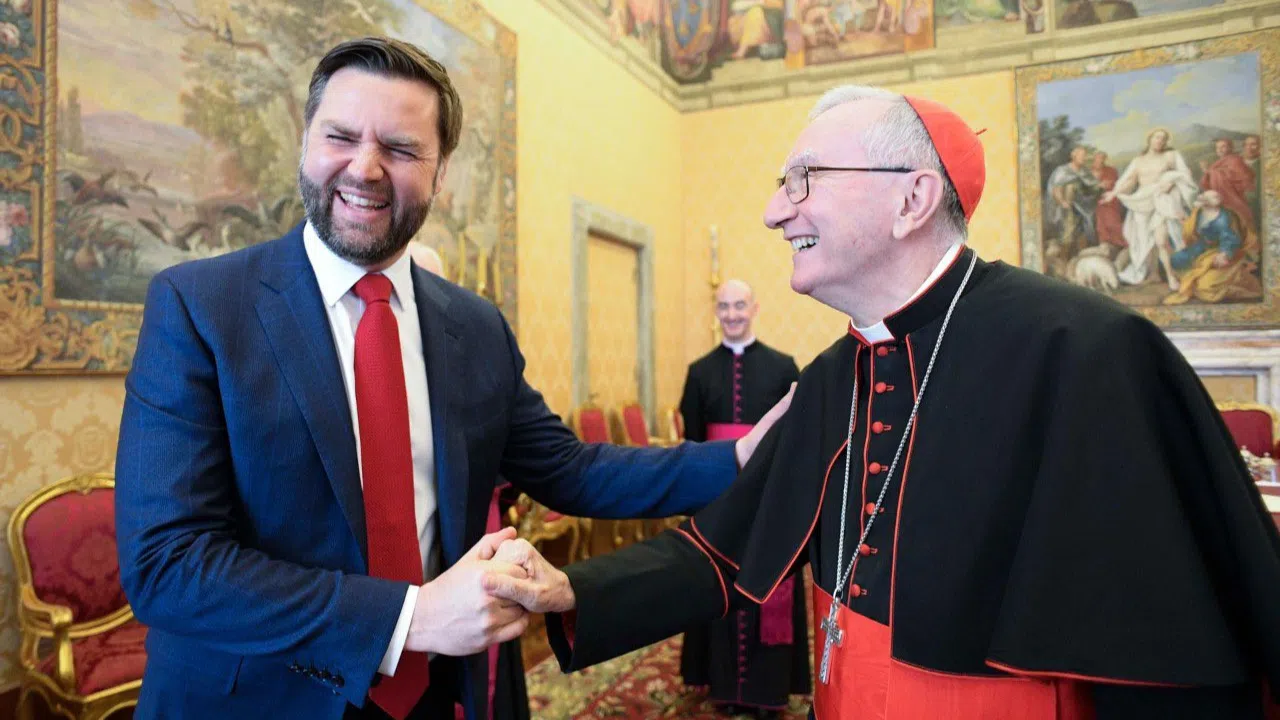On September 6, 2015, the pope called upon Catholics all over Europe to take in at least one refugee family.
POPE FRANCIS
'May every parish, every religious community, every monastery, every shrine of Europe welcome one family.â?
Volunteers in the San Frumenzio parish in Rome, one of the first to take in refugees after the pope's call, shed light on the long and complicated process of reception and the lives of the refugees in the parishes.
San Frumenzio is currently the home of two asylum-seekers. One of them comes from Mali, and he had travel through the desert until he reached the sea, and a boat that would take him to Italy.
'I come from Mali. I have had to cross Burkina Faso and Italy. I arrived here two years ago.â?
When he arrived to Rome, Caritas placed him in the care of the San Frumenzio parish where, with the help of the volunteers, he is learning to lead a normal life.
Their everyday life is like any normal person's. They cook, they clean, they pray, they move around the city, they take classes...
Roberto del Bello is the volunteer coordinator at the parish. He says that their job is to help the refugees make their transition and prepare them for life in a European city.
ROBERTO DEL BELLO
Volunteer Coordinator, San Frumenzio Parish
'We provide a presence of volunteers to improve their knowledge of Italian, to get them to talk, to connect with them, to help them settle in.â?
'They have taken Italian classes, one of them has taken a pizza-making class, to get a pizza maker diploma. We know it is not easy to find a job, even for Italians, so there will be trials ahead, but that is a road they have to take...â?
To satisfy the pope's wishes, many parishes have had to make significant changes in their structures. Anna Clara Martino, from Caritas Rome thinks this is proof of the generosity volunteers put into their work.
ANNA CLARA DE MARTINO
Caritas Roma
'Parishes aren't structures designed to have people living in them. Many parishes, like this one, have had to refurbish their facilities to make space for their guests. This has required time, sometimes months, money, and important structural changes, all of which the parishes have paid for, so we could say generosity on part of the volunteers has been outstanding.â?
The future that awaits the refugees in these parishes is uncertain. Many of them are in litigation with the court to have their asylum-seeker status recognized. All the volunteers can do is help them make the transition as smoothly as possible, and hope that when they leave the parish they will be able to lead a normal life.
AG
MG
-SV
-PR
-Up:FV
